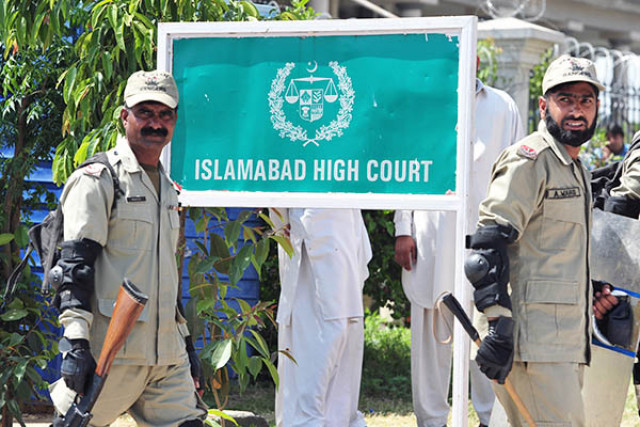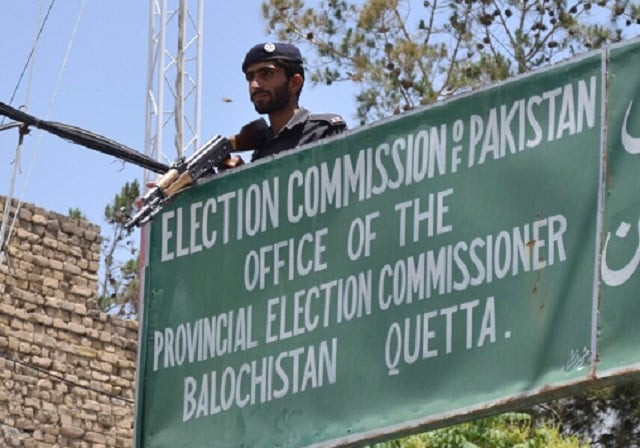The Tug of War at the Islamabad High Court: What You Need to Know
Navigating the complex landscape of the Islamabad High Court (IHC) feels like watching a gripping drama unfold. In recent weeks, tensions have escalated among judges, particularly since the transfer of three judges from other high courts, leading to a palpable divide within the court.
Chief Justice Sardar Muhammad Sarfraz Dogar, recently appointed, has stirred the pot even further by replacing Justice Saman Rafat Imtiaz with Justice Inaam Ameen Minhas as the authority to address harassment complaints. This move followed a complaint lodged by lawyer Imaan Mazari against Chief Justice Dogar after an altercation during a hearing. Imaan has not just raised the red flag; she’s also approached the Supreme Judicial Council (SJC) to demand Dogar’s removal for alleged misconduct.
Complicating matters, a petition is set to be heard challenging the appointment of Justice Tariq Mehmood Jahangiri. Critics argue that hiring a judge with an invalid LLB degree poses a serious question about judicial integrity. There’s also the pressing issue of whether it’s appropriate for the chief justice to preside over his own challenges—talk about conflict of interest!
The backdrop of this drama is the government’s recent actions, including the controversial 26th Constitutional Amendment aimed at fortifying executive influence over the judiciary. While this amendment did not directly impact the IHC, it undeniably magnified the executive’s sway over judicial appointments, sparking further concerns about judicial independence.
With high-profile cases increasingly sidelined and certain judges being excluded from critical hearings, many lawyers are concerned that the seeds of turmoil sown by the transfers of judges are beginning to take root. The appearance of judicial division is frustrating legal professionals and advocates of judicial integrity alike.
In light of these developments, maintaining transparency within the judiciary is more crucial than ever. As these events continue to unfold, staying informed and understanding their implications is essential for anyone invested in Pakistan’s legal landscape.
At Pro21st, we’re committed to bringing you updates and insights on critical issues like these, reflecting the ongoing evolution of law and justice in Pakistan. If you want to stay connected and get more in-depth content that resonates with current events, feel free to reach out!
At Pro21st, we believe in sharing updates that matter.
Stay connected for more real conversations, fresh insights, and 21st-century perspectives.





